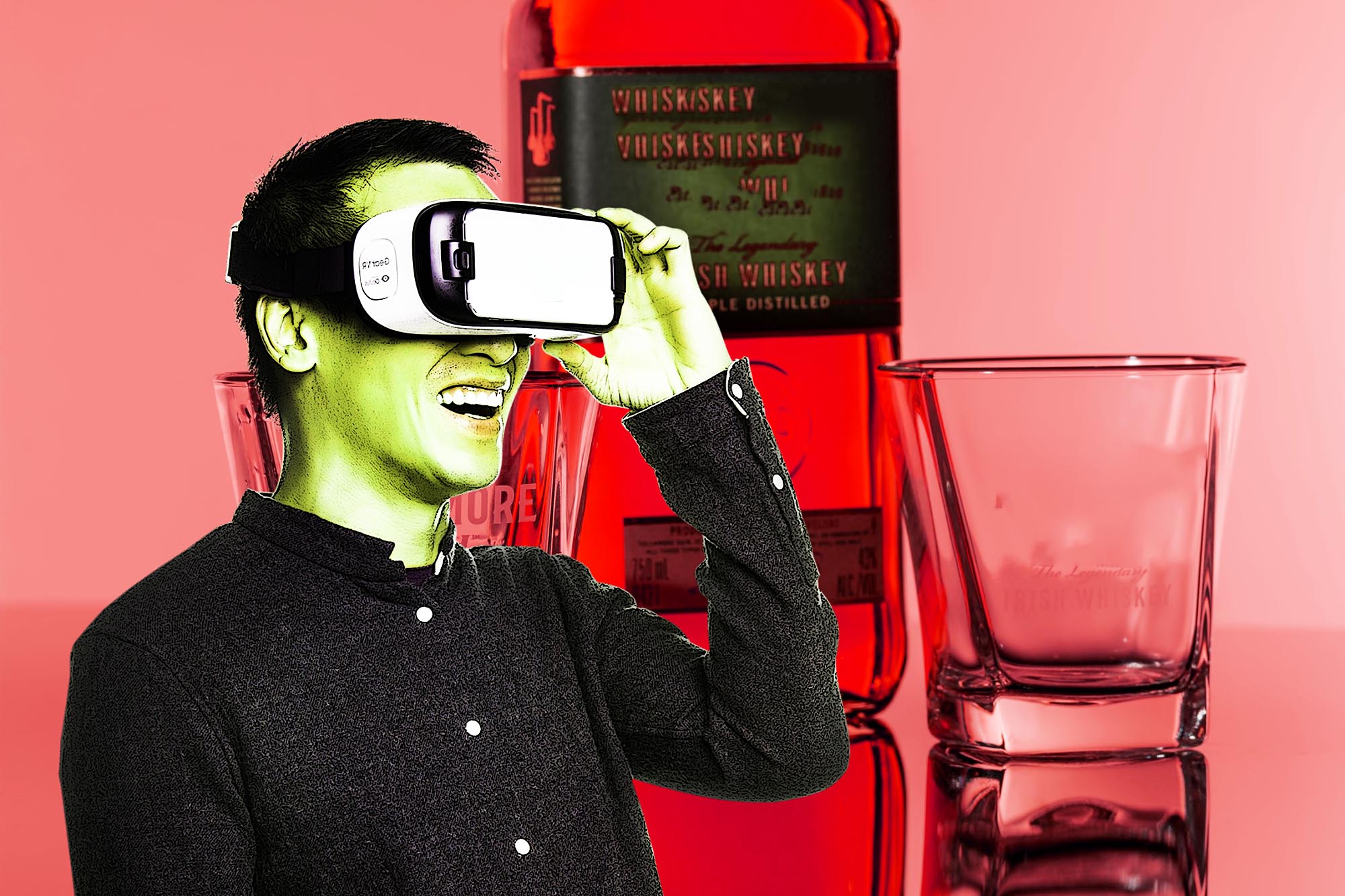There are numerous different ways to treat alcoholism. From hospitals to rehabs, many options are available. Aside from traditional methods, there is something new – Virtual Reality.

Can Virtual Reality Treat Alcoholism
A recent study in South Korea showed the potential role VR can play in helping those who struggle with alcohol dependence. The study was led by senior researcher Doug Hyun Han, of the Chang-Ang University Hospital. It’s the first step to what could hopefully be a technological breakthrough in helping those who struggle with addiction.
How Can VR Treat Alcoholism
The researchers tested 12 patients. For five weeks, these 12 people underwent a total of 10 virtual reality therapy sessions, broken down into two sessions a week. During the sessions, the patients faced three types of virtual realities.
The first session featured a calming environment meant to relax the patient. The second scene confronted alcoholics with a simulation of a restaurant in which others were drinking. That scene was referred to as a high-risk situation wherein cravings could possibly be triggered. The third virtual reality session featured an aversive situation; the patients were subjected to both the sight and sound of drinking. Vomit was, unsurprisingly, heavily featured during this session. It meant to showcase the least appealing and lowest points of heavy drinking. In addition, the simulation involved a drink that tasted like vomit.
VR Treatment of Alcoholism: Results
The researchers had the patients undergo PET and CT scans both before the virtual reality therapy began and after the five weeks of tests. What the researchers found in the second scan was surprising. The patients’ limbic circuits in the brain had seen a decrease in activity. In addition, the metabolism of the brain had slowed down. Han made a conclusion that such a reaction could result in a reduced craving for alcohol.
What Does This Mean Going Forward
Optimism is strong in the researchers after their virtual reality findings. Surely, the study has the potential to be a big step in the treatment of dependence. Despite all the success, the researchers don’t seem to rush to conclusions. It’s too early to say anything.